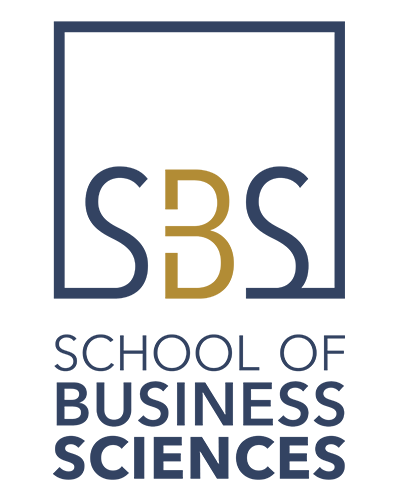Project Overview
Introduction
Gender inequality is a deeply entrenched issue within South African society, with far-reaching consequences that reverberate across various sectors including education. Despite the fact that in 2020, woman accounted for more than half of all enrolments in HEIs, they only occupy roughly a quarter of all senior management positions - this highlighting an apparent and significant disparity in the representation of women in leadership positions within Higher Education Institutions (HEIs).
Despite recent progress, gender inequalities remain a prevalent challenges in South African academic institutions, perpetuated by entrenched patriarchal leadership structures, cultural norms and gender stereotypes – with these inequalities also being intersectional in nature with the challenges faced by women of colour and those from marginalized backgrounds.
This persistent issue is as a result of obstacles that hinder the growth limit the potential of women to occupy leadership positions in HEIs. In line with South Africa’s endeavour for progress and inclusivity, addressing the persistent gaps within higher education becomes a key pillar in advancing this goal.
The goal of this research is to enrich the current understanding and uncover possible solutions to help address and redress the multifaceted issue of gender inequality within South African Higher Education Institutions (HEIs) and the Gender-Based violence has on influences this complex issue.


